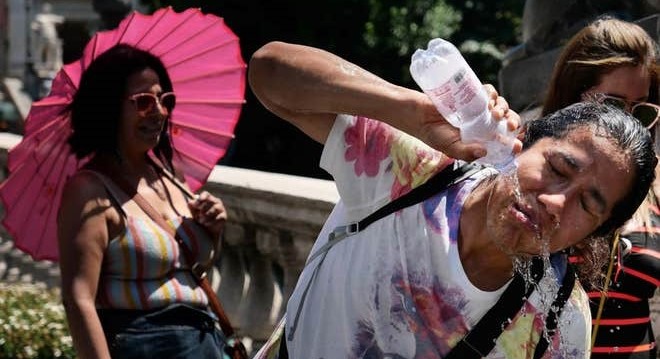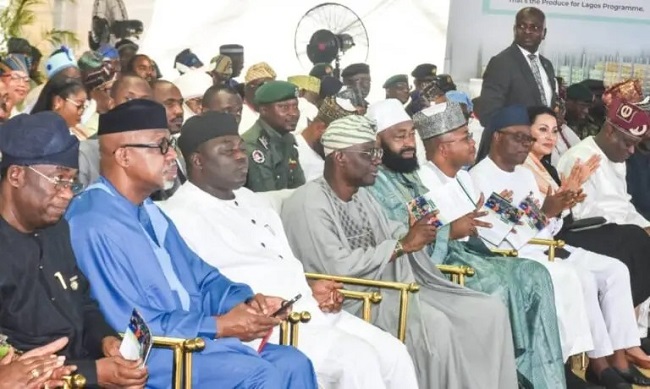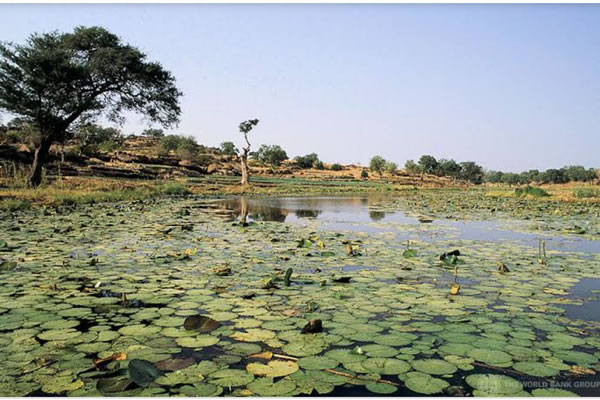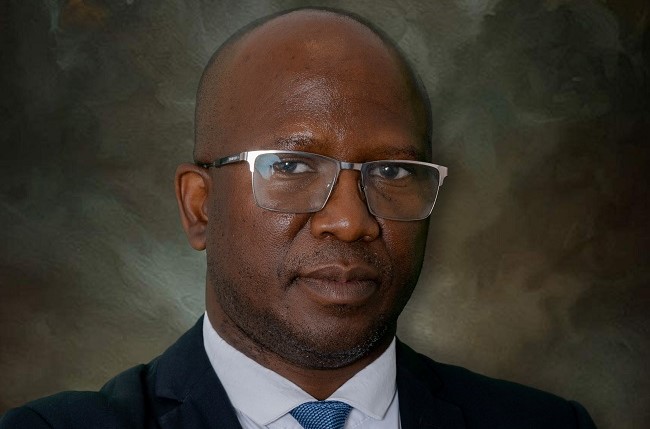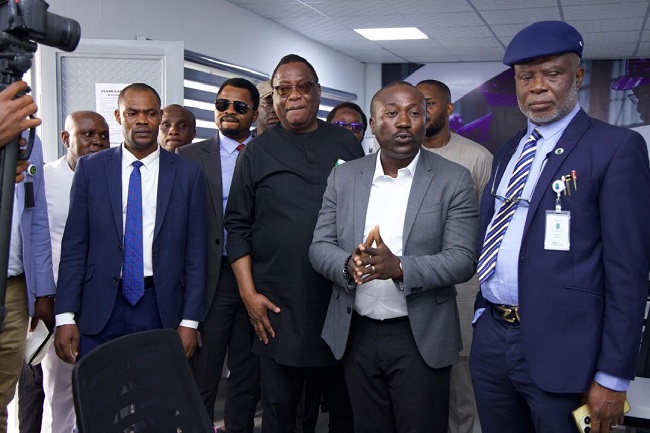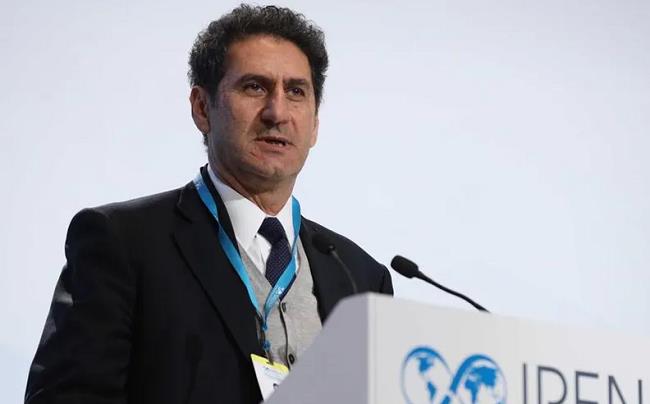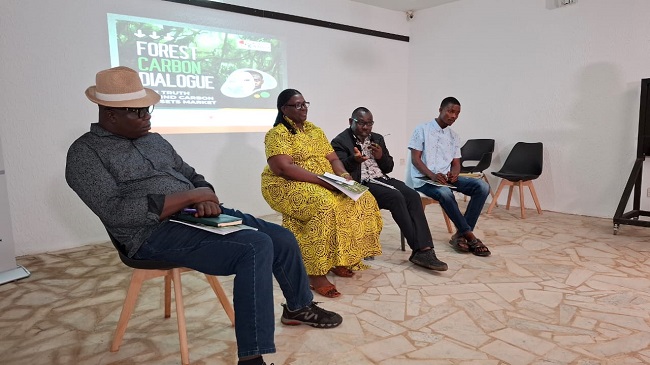By happenstance, 16-year-old Blessing Obiabo found herself on the frontline of a national movement.
Obiabo, a student of Lyngra Private Montessori School in Karu, Nasarawa State, found her voice the day Cedars Refuge Foundation (CRF) brought its anti-tobacco campaign to her school.

“We are not fools; this is our future, and we are taking it back,” she said.
Obiabo’s declaration mirrors a growing wave of youth-led resistance sweeping across Nigeria, fueled by the CRF’s Students Congress Against Tobacco (SCAT) initiative.
The programme, inaugurated under the banner of a “Tobacco-free Revolution,” is a response to what CRF describes as a calculated and aggressive invasion by the tobacco industry into the lives of young Nigerians.
The Executive Director of CRF, Mr Peter Unekwu-Ojo, minced no words at the campaign inauguration in Karu.
“The tobacco industry is a well-dressed cartel selling flavoured slavery.
“They are not selling lifestyle; they are selling addiction, bubble-wrapped in mango flourish and influencer smiles.”
According to Unekwu-Ojo, the tactics of the tobacco industry have become more deceptive than ever.
“Gone are the days of plain cigarettes; in their place are brightly-packaged e-cigarettes, vapes, and other nicotine products, flavoured, flashy, and dangerously appealing to teenagers.
“It is the same poison, just packaged in sleek tech and tropical flavours.
“These flavoured products, often promoted through digital marketing and pop culture influencers, create the illusion of harmless fun, masking the reality of addiction and long-term health consequences.”
The SCAT programme, now active in several schools across Nasarawa and Abuja, was created to expose and counter these tactics.
It promotes in-school advocacy, peer-led clubs, creative campaigns, and dialogues with teachers, parents, and community leaders.
Unekwu-Ojo emphasised the call for urgent reforms, including a nationwide ban on flavoured tobacco and nicotine products, higher tobacco taxes, strict penalties for marketing to minors, and the enforcement of school-based prevention programmes.
“If we do not protect the future in classrooms, we will be fighting addiction in clinics,” he warned.
Mr. Abba Owoicho, CRF’s Programme/Operations Officer, weighed in.
“We are witnessing a silent epidemic thriving on ignorance and regulatory loopholes.
“SCAT is not just a campaign; it is a counter-offensive,” he said.
At the school level, educators are stepping up.
Mrs. Blessing Onu, Head Teacher at Lyngra, welcomed the initiative.
“Our students will not be left defenceless in the face of such a manipulative industry,” she said, announcing the establishment of a Tobacco-Free Club in the school.
Mr. Pius Nnaemeka, a senior teacher, appealed directly to national authorities.
“If we continue to play soft while our children inhale poison, history will not forgive us.
“The government must outlaw flavoured tobacco, fund preventive education, and support civil society groups championing this cause,” he said.
These school-based actions are mirrored across other institutions.
At Klinnicaps Academy in Koroduma, another CRF outreach event themed “Exposing Lies, Protecting Lives” engaged students in interactive sessions that peeled back the façade of flavoured products.
Unekwu-Ojo told the students that the industries were setting young people up against their future.
“They sandwich their products with glamorous colourful packaging and high-profile adverts, hiding the dangerous consequences of addiction.”
He described the educational sessions as a wake-up call.
“Tobacco use is not a fashion statement; it is a death sentence disguised in shiny colours,” he said.
Mr. John Egla, Executive Director of Development Initiatives for Societal Health, reinforced the message: “There is no safe level of smoking.”
He cited global statistics from the 2018 Tobacco Atlas, noting that more than 942 million men and 175 million women worldwide smoke, with rising usage among African youth.
In response, CRF is establishing Tobacco-Free Clubs in at least 10 more schools in Nasarawa State, equipping students with peer leadership and advocacy tools.
The message is resonating beyond classrooms.
In Katsina State, the Commissioner for Health, Alhaji Musa Adamu-Funtua, recently stressed the importance of school-based campaigns.
Speaking during World Tobacco Day celebrations, he warned that a society that allowed the exploitation of its youth by profit-driven tobacco companies is a society at risk.
Adamu-Funtua urged joint efforts among government agencies, civil society, parents and youths.
“Let us choose health over harm, strength over addiction,” he said.
The Civil Society Legislative Advocacy Centre (CISLAC) has also thrown its weight behind tobacco control.
At a recent workshop in Bauchi, its Senior Programme Officer, Mr Solomon Adoga, highlighted tobacco’s role in multiple cancers and reproductive health challenges.
“Tobacco significantly contributes to Nigeria’s cancer burden,” he said.
CISLAC’s Executive Director, Auwal Rafsanjani, called for urgent policy reforms, stronger laws, and intensified awareness campaigns to stem tobacco-related deaths.
Beyond the halls of policy and classrooms, the anti-tobacco wave is being carried by mothers.
In Ilorin, Kwara, a march led by Bundies Care Support Initiative and other groups amplified maternal voices demanding action.
Mrs. Funmilayo Osiegbu, Executive Director of the initiative, sounded a note of warning.
“We cannot stand by while our children are exposed to harmful tobacco products.
“We are urging the government to enact policies that shield young people.”
Inspired by international campaigns such as Tobacco-Free Jordan, the Kwara mothers demanded full implementation of Nigeria’s National Tobacco Control Act.
“This includes stricter enforcement of bans on advertising and sponsorship, and stronger measures to prevent youth access,” she said.
Kwara’s Commissioner for Women Affairs, Mrs Afolashade Opeyemi, reaffirmed government’s support.
“The administration has zero tolerance for smoking any substance,” she said.
Also, health experts lend their support.
Prof. Abiodun Afolayan, Chair of the Nigeria Cancer Society in Kwara, warned that lung cancer had become the most common cancer worldwide, driven largely by smoking.
“Often, the damage only appears when it is too late,” he said.
Mr. Lekan Mikail, Special Adviser on Drug Abuse to the Kwara Governor, urged parents to stay vigilant.
“We must protect our children from this slow and silent killer,” he said.
As the SCAT initiative prepares to expand to 30 schools by 2025, it is clear that a national youth-driven movement is taking root.
From Obiabo’s defiance to policymakers’ endorsements, Nigeria is witnessing a shift in its tobacco control landscape.
But for CRF’s Unekwu-Ojo, the work is far from over.
“Every child deserves a future free from the industry’s traps, flavoured nicotine, flashy adverts, and peer-induced pressure,” he said.
His words echo in classrooms, streets, and government chambers across the country; the call is no longer just to awareness, but to action.
Mrs. Precious Ojiaku, Dean of Studies at Klinnicaps Academy, said tobacco had no place in the future of Nigerian youth.
“Living a morally grounded life and rejecting these traps is the strongest resistance we can teach,” she said.
With the ongoing concerted efforts, stakeholders believe the threat posed by tobacco can be contained.
By Abiemwense Moru, News Agency of Nigeria (NAN)


